Business Day Human Rights Day
Activism: The Issues That Still Plague Us
Hunger
Organisation: Ladles of Love
Access to food is a basic human right afforded every South African in terms of our Constitution. “Every person on this planet has the right to access food – it is a basic human right,” says Danny Diliberto, founder and CEO of Ladles of Love.
“In South Africa, millions of people live below the poverty line with little or no access to food. In my opinion, this is a result of apartheid, corruption and continued bad governance, all of which is exacerbated by a poor economy, drug and alcohol abuse, family and gender-based violence, and a host of other socioeconomic factors. We are committed to getting healthy food to as many hungry people as possible.”Ladles of Love’s beneficiaries include the homeless community in and around the Cape Town CBD, Early Childhood Development centres and soup kitchens in communities in need. “We do this by providing weekly bulk supplies to 126 beneficiary organisations around the Cape Peninsula to whom we distribute an average of 30 tonnes of food supplies weekly,” says Diliberto. “On World Food Day, 16 October 2021, Ladles of Love launched its sustainability programme – Feed The Soil, which aims to develop urban farming in South Africa by helping farmers grow better produce. The idea is simple: each of us can create healthy compost from our organic waste. “Using our Feed The Soil Organic Waste Tool Kit you can pay your healthy compost forward by bringing it to one of our drop-off stations, and then buy the fresh produce (on sale at the drop-off station) grown from it, forming part of a sustainable circular ecosystem.”
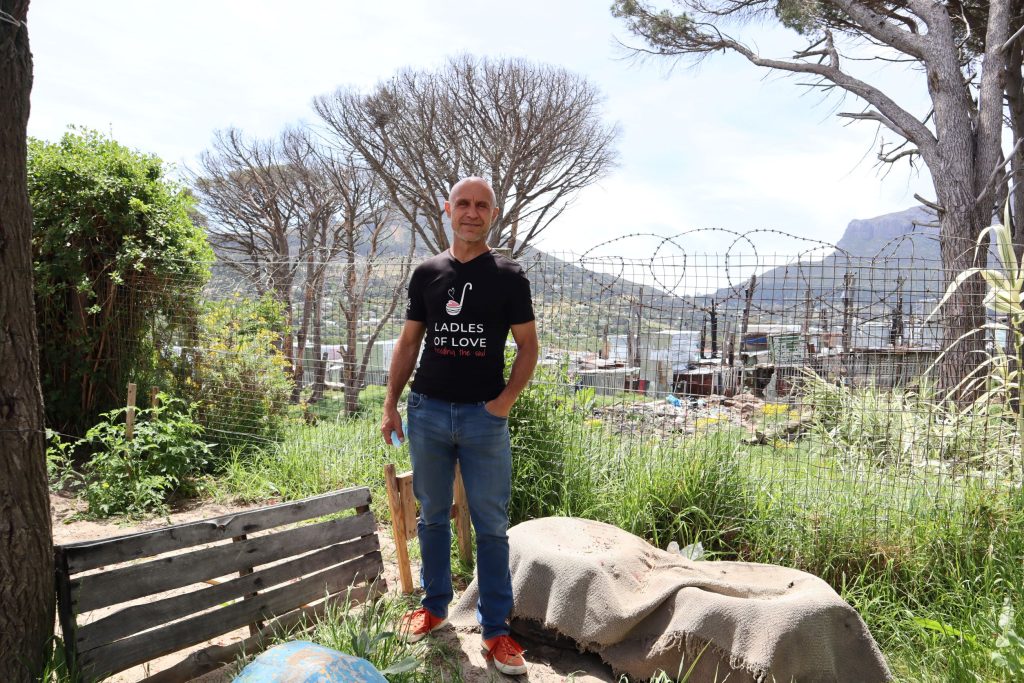
Literacy
Organisation: Nal’ibali
The right to basic education is enshrined in our Constitution – and literacy is the cornerstone of basic education. “Quite simply, if someone cannot read, they cannot thrive and will face a lifetime of closed doors,” says Katie Huston, acting director of Nal’ibali, a national reading-for-enjoyment campaign to spark children’s potential through storytelling and reading.
“Literacy means opportunity. Kids who learn to read well achieve in school and are able to absorb new knowledge and skills in all subjects. They’re more likely to go on to higher education, can confidently seek jobs, and are much more likely to be employed.”
Nal’ibali’s guiding principle is that reading can and should be a source of pleasure, relaxation and enjoyment that anyone should be able to enjoy – it should not be limited to the wealthy and highly educated.
“The apartheid-era education system was designed to systematically disenfranchise black South Africans by denying them a basic education,” says Huston. “Nal’ibali builds reading habits in homes and communities. Children who are read to and hear stories regularly from a young age, in languages they speak and understand, develop the cognitive and socioemotional skills that set them up for success in school and beyond.”
Since 2012, Nal’ibali has distributed more than 116 million bilingual stories and tens of thousands of books. “We increase access to free reading materials in all 11 South African languages, have a free online library with more than 1 500 stories, and air stories on SABC radio stations in all 11 official languages,” says Huston. “Nal’ibali also trains parents, teachers, and unemployed young people to read aloud, tell stories to children, and run community reading clubs where children can go to hear stories, read books and do fun, exciting activities to develop their literacy skills.”
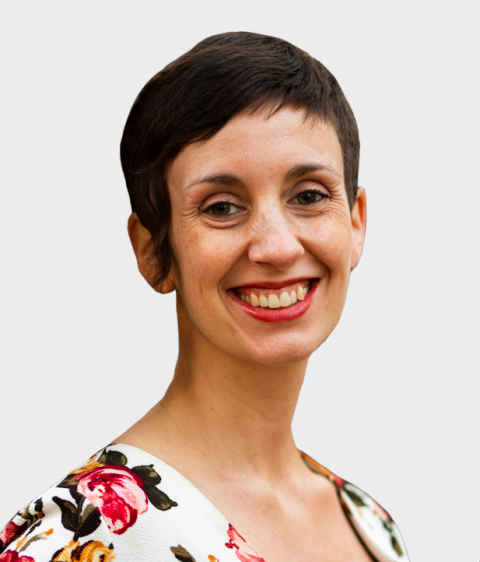
Gender-based violence
Organisation: The Justice Desk
Gender-based violence (GBV), particularly violence against women, violates the fundamental rights and freedoms afforded to all people. “In South Africa, we cannot deny the deep-rooted systems of oppression that still exist in our country,” says Malcom Gertse, co-ordinator and training manager of The Justice Desk’s Mbokodo Club.
“Women are at a greater risk of human rights violations as well as the desensitisation that results in the gross acceptance of those violations. Heartbreakingly, a 14-year-old girl from Nyanga summed it up by saying, ‘rape, it is like clockwork, it’s just a matter of time before it happens’. The Justice Desk (TJD) wants to change that narrative and ensure that women and girl-children have access to their rights and freedoms.”
The Justice Desk’s Mbokodo Club is a project for girl survivors of rape and GBV from vulnerable communities. “The project focuses on addressing GBV and the need for young girls and women to feel empowered to lead their own change, and not be held back by society and the violence perpetuated against them,” says Gertse. “Through leadership and empowerment workshops, mental health care and support, physical fitness and self-defence sessions, TJD is equipping a generation of young girls with the tools needed to access and realise their human rights. We teach them that GBV is not okay and that it was never their fault. Overall, our project provides girls from underserved communities with counselling and immediate social service assistance.”
Azile (not her real name), who grew up in the impoverished township of Nyanga, was attacked and raped when she was six years old. “After her attack, she spiralled through depression and self-hatred, trying on multiple occasions to take her own life,” says Gertse. “When she joined TJD’s Mbokodo Club project, she became part of a network of girl survivors taking a stand against GBV and was able to access trauma counselling, mental health care, and self-defence and fitness sessions. She also attended empowerment workshops to equip her to become an incredible leader and activist in her community. She now supports other girl survivors to go from ‘victim to victors’, a phrase coined by Azile.”
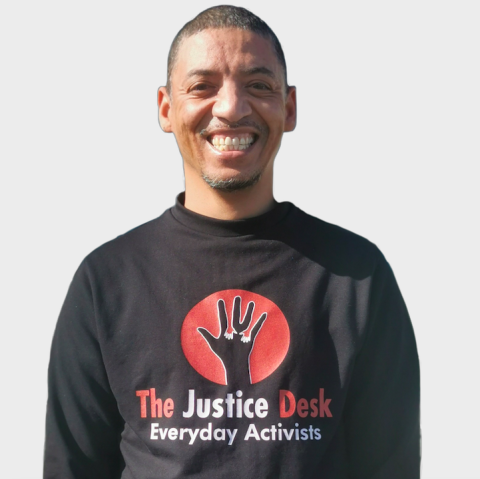
Housing
Organisation: Ikhayalami Development Services
Very few countries have entrenched the right to adequate housing in their constitutions. “It is good to remember that South Africa is one of the exceptions, especially in the current political climate where even a former minister of human settlements chooses to broadside the founding document of our democracy,” says Andy Bolnick, managing director of Ikhayalami Development Services.
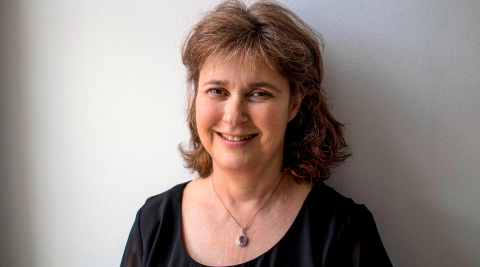
“Even those who support the Constitution unequivocally would concur that the delivery of adequate housing has fallen short of the intentions of its drafters. The fault lies not with the Constitution, but with a delivery mechanism and policy environment that is woefully out of step with reality. The root of this problem is that for decades housing policy has been about numbers of houses and not about people.”
Since 1994, the state has built more than three million houses, although the numbers have dropped dramatically over the past decade. “More than ever before, the rate of delivery is outstripped by the pace of urban in-migration and new household formation,” says Bolnick. “There is an estimated housing backlog of over 2.2 million units. And, the pre-occupation with delivery targets has resulted in shoddy construction, urban sprawl, and the perpetuation of apartheid’s racialised urban plan.
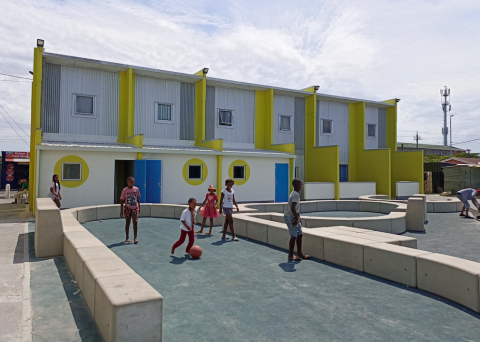
“There is a saying that neatly captures the disparity between a constitutional right and the reality on the ground: you can write the word ‘sugar’ on the palm of your hand, but if you lick it, it will not taste sweet.”
Through tried and tested mechanisms of community empowerment and a delivery process based on the incremental upgrading of existing informal structures, iKhayalami has made a small yet significant contribution to demonstrating how this contradiction might be addressed. “Over the past decade-and-a-half, iKhayalami has upgraded several thousand shelters in Khayelitsha alone,” says Bolnick.
“We work with shack dwellers at every level of the informal settlement upgrading continuum: responding to shack fires, reconfiguring settlement layouts that eliminate the need for relocations, building fire- and flood-resistant shelters, and gradually upgrading them into formal homes. iKhayalami does all of this with the communities, not for them. This is the key to bridging the gap between our Constitution and the reality on the ground. It provides a roadmap to scaling up the provision of the human right to adequate shelter.



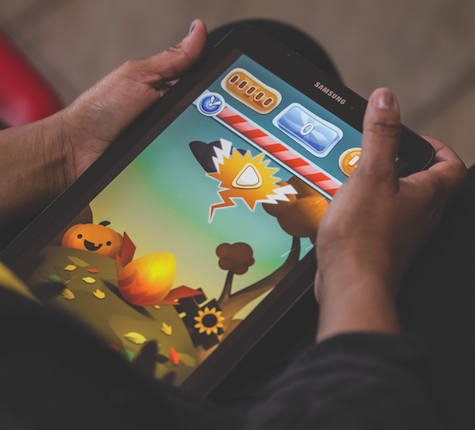

 Sign-up and receive the Business Media MAGS newsletter OR SA Mining newsletter straight to your inbox.
Sign-up and receive the Business Media MAGS newsletter OR SA Mining newsletter straight to your inbox.